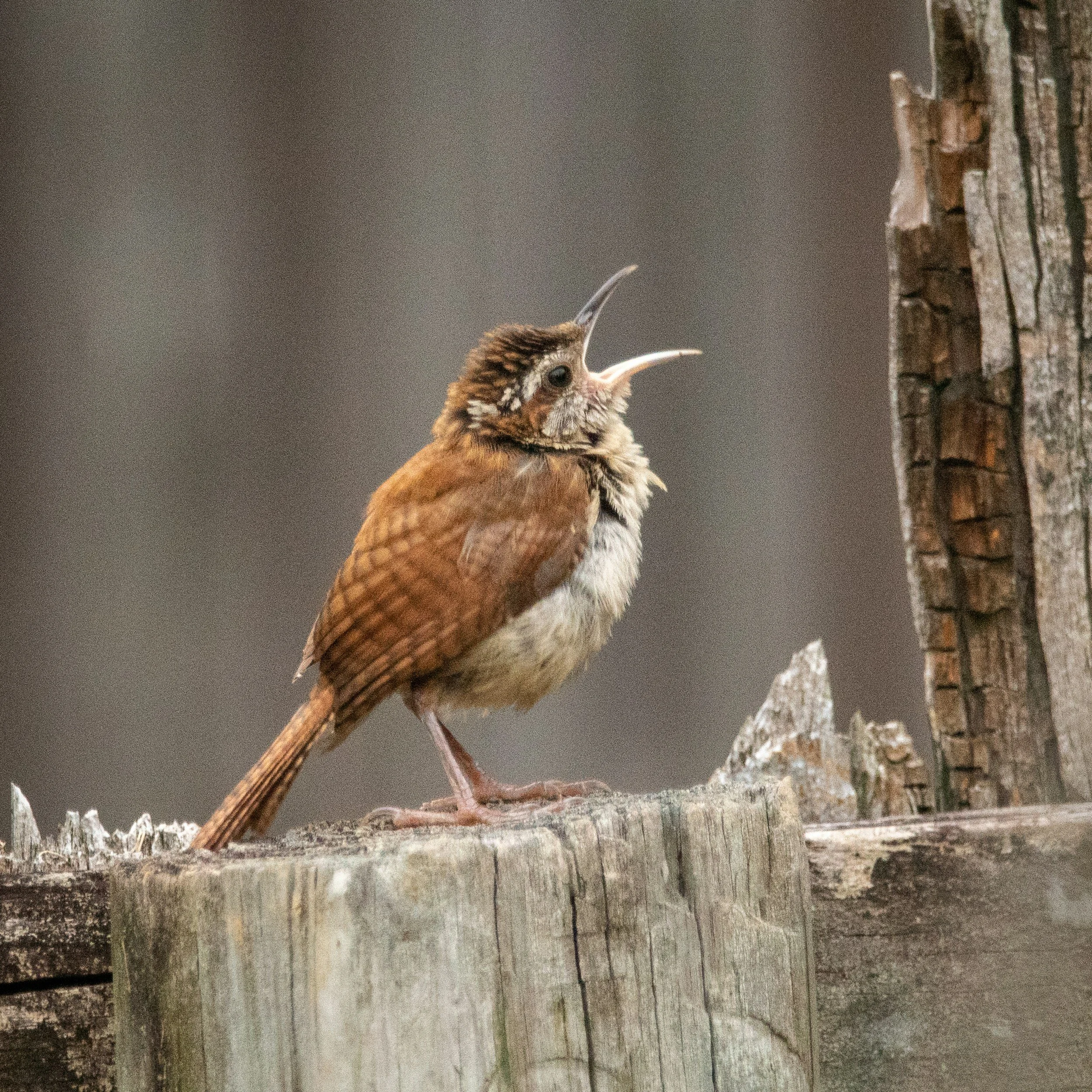From Fairy Tales to Being Human: A Counselling Journey
A Childhood of Fairy Tales
Once upon a time, before I truly knew what it meant to see another person, I believed in magic. Not the sparkly kind, but the quiet kind, the magic that lives in hope, in stories, in the safe corners of imagination.
Fairy tales were my refuge. When the world felt heavy or unpredictable, I could step into forests and castles and find a rhythm that felt safe. Heroes and heroines faced trials, but there were always rules. Always endings that promised light. Somewhere in those stories, I learned to hope. Somewhere, I learned to survive.
And yes, I liked knowing that even when things got messy, someone, somewhere, would wrap it up neatly.
But those tales were more than childhood fancy, they were companions through shadows I could not yet name. Trauma, loss, fear, they all had a quiet presence in my early years. Fairy tales offered a secret scaffold, a way to carry what I could not speak aloud.
If you have ever found comfort in stories during dark times, know that you are not alone. Therapy can help you carry and understand those hidden pieces of yourself.
Answering the Call to Counselling
When I first heard the call to counselling, it felt like a whisper from a hidden doorway in a familiar forest, a place I had always known but never entered. I imagined the path would be gentle, lined with light, with understanding and clarity at the end.
I soon realised the forest had its own rhythm. The magic was not in rescue, it was in being met, in being seen.
Guides Along the Path
Along the way, I encountered guides. My college lecturer, quiet yet fierce, carried her own light like a hidden lantern. My supervisor, the trickster of the forest, reminded me that models are constructs, rules could bend.
The first time I sat in the client’s chair, my heart fluttered like a thousand tiny birds. I still clung to the hope of a fairy tale ending. But the forest had other plans.
Each encounter stretched me, sometimes wider than I thought I could bear. Yet it taught me the courage of simply being present. And sometimes, presence is all the magic you need.
For anyone considering therapy, know this, transformation is often subtle, quiet, and human. It does not happen in neat endings, but in moments of being truly seen.
The Magic of Being Seen
As I took up my role as a guide, I thought my task was to show others the gentle light. And I still do. But I also came to see that my lens was changing. The tidy endings I once sought became less important. What mattered was sitting with both shadows and light, holding pain and hope in one hand.
The heroes and heroines I meet are layered, alive, tender, flawed, brave, and occasionally stubborn, absolutely human. And that is the point.
Sometimes I still imagine a little sparkly magic sneaking in, just because it likes to. And sometimes, if I close my eyes in the forest, I swear I can see it glowing faintly at the edge of the trees, waiting for me to notice.
Next Steps for You
If you have ever felt lost in your own forest, know that counselling can help you find the light again. Explore your own journey with curiosity, courage, and support.
If you could see
A Reflection on Worth and Visibility
Sometimes, we fail to see the value in ourselves. We dim our light, quiet our spark, and give pieces of ourselves away, believing we are less than we are.
This poem grew from my work as a therapist and from what I so often witness in others, the strength, courage, and quiet wisdom that can go unseen, even by the person who carries it. It is a reminder that even when self-doubt whispers otherwise, your presence, insight, and contributions matter deeply.
If You Could See
You paint the air with colours bright
yet hide your canvas out of sight
You give away your crown, your flame
then tell yourself you are not the same
But I have seen the light you throw
the way you make the small things grow
the spark that flickers in your eyes
the truth you hold, the quiet wise
If you could see the view I see
you would wear your heart more fearlessly
You would keep your colours, let them stay
and never give yourself away
This poem is for anyone who feels unimportant, overlooked, or like their contributions do not matter. My hope is that it reminds you of your inherent worth and that the world, even if you cannot always see it yourself, is brighter because you are in it.
In counselling, one of the most powerful things I can do is witness someone fully, reflecting back their strengths, courage, and value. Sometimes we just need someone to see us so that we can begin to see ourselves.
As you read, I invite you to pause and ask: What light do I carry that I might not always see?
Who Am I Without Addiction? Exploring Identity in Recovery
Recovery from addiction is often framed in terms of stopping substance use, learning coping strategies, or avoiding relapse but there is another dimension that is just as crucial: identity. Who are you when you are not defined by substances? Who do you want to be? How do you see yourself?
In my work as a counsellor, I have sat with men and women who carried immense shame, who defined themselves entirely by their addiction. One client once said, “I don’t know who I am without this.” It is a common, heartrending experience. Identity is not fixed; it evolves over time, shaped by relationships, trauma, and choices. Understanding this can be transformative for recovery (Howard, 2004).
The journey often involves moving from an “addict identity” toward a “recovery identity.” This is not simply quitting substances; it is about reshaping your sense of self in relation to the world and to others. Research on social identity in recovery shows that the communities we engage with, whether peers in recovery or supportive networks, play a pivotal role in this transformation (Best et al., 2016).
Yet it is essential to honour the “addict” identity, even as it is left behind. Many clients carry shame and stigma from their past actions. In therapy, acknowledging this identity without judgement allows people to integrate their experiences and move toward a healthier self (Pickard, 2021). I have seen clients shift from self-condemnation to self-recognition simply by exploring what their “addict identity” has taught them, the resilience, the survival, the lessons embedded in pain.
Practically, identity work in recovery can include reflective exercises, dream exploration, peer support, and connecting with communities that reinforce growth. It is about reclaiming agency, understanding how past experiences shaped who you are, and discovering who you want to be.
Recovery is not just about abstaining from substances. It is about reclaiming your story, reshaping your identity, and stepping into a life that is whole, resilient, and authentically yours.
Meeting the Shadow Within
We all carry parts of ourselves we prefer not to see, feelings, impulses, or traits we deny, suppress, or act as if they do not exist. In my work as a counsellor, I often meet clients who insist, “That is not me,” when confronted with patterns of self-doubt, avoidance, or overgiving. Carl Jung (1953) called these aspects the shadow, the parts of our personality we reject or disown. Shadow work, then, is not about eradicating these parts but about seeing, acknowledging, and integrating them.
I have faced my own shadow through therapy, supervision, dream analysis, peer feedback, and reflections sparked by clients. One dream stands out. I was standing on a high, narrow bridge. Below, the water roared, and a small, trembling version of myself clutched the railing, whispering, “You cannot do this. You are not enough.” At first, I tried to push that voice away, but the longer I stayed, the more I realised it was a part of me I had long ignored. That small, fearful self held truths I needed to acknowledge to grow.
The shadow carries more than fear, anger, or guilt. It also holds traits we admire but have not claimed, assertiveness, confidence, ambition. Often, these hidden parts show up as perfectionism, avoidance, or self-sabotage, quietly shaping our choices, emotions, and relationships even when we deny them.
Meeting the shadow begins with noticing discomfort, shame, or anger. Pause. Ask, “What is this part of me trying to tell me?” Through repeated reflection, curiosity, and self-compassion, we slowly integrate these hidden selves. The journey is ongoing, but each step brings more resilience, awareness, and wholeness.
The shadow is not a threat but a companion. By welcoming it, we grow braver, wiser, and more human.
Takeaway Invitation: Today, notice one part of yourself you usually avoid. Name it, observe it, and see what it can teach you.
Citation:
Jung, C. G. (1953). Collected Works of C.G. Jung, Volume 9 (Part 1): The Archetypes and the Collective Unconscious. Princeton University Press.
Remembering Songbird
Remembering Songbird
There are people we meet who stay with us, not because their time was long but because their presence was unforgettable. Songbird was one of those people.
He once described himself as a songbird, and that image has never left me. It captured both his fragility and his strength, the rare quality of a voice that could carry sorrow and beauty in the same breath.
After his passing, I found myself writing. The words came out as a poem, a way of honouring his life and the gift of his song. His story was not easy, and his melody was not always simple to hear, yet within it there was truth, honesty, and a quiet courage.
I had hoped to show him that life could be good, that his story could stretch further. But his song was his own, and perhaps the most I could do was listen. And so I listened, to his pain, his hopes, his doubts, his laughter. I listened for the meaning between the words.
Though his voice has fallen silent, the echo remains. Some songs are brief, but never wasted. For those who loved him most, I hope they know that his song carried, that it mattered, and that it will not be forgotten.
And for me, he will always be Songbird.
Songbird
Songbird came
and sang his beautiful song.
A song that was difficult
to sing along.
His tune held many verses
of a life filled with pain and hurt.
He had good rhymes to sing, of course,
yet this failed to ease his remorse.
You see, the songbird’s song
was short and fast.
He was not sure
if he could make it last.
I hoped I could show him
that life was good.
But he knew something
I never could.
That the song he sang
was the gift he gave,
a song that I was never
meant to save.
He sang a wonderful lament
with great feeling.
I listened to his song
and its meaning.
And the pain that is left
after his song is gone
is of a song
that was difficult
to sing along.





